
The data presented at ASH 2020 build on results previously observed in the pivotal HAVEN clinical trial among adults, adolescents, and children with hemophilia A, with and without factor VIII inhibitors.


The data presented at ASH 2020 build on results previously observed in the pivotal HAVEN clinical trial among adults, adolescents, and children with hemophilia A, with and without factor VIII inhibitors.

In an interview with Pharmacy Times, Helen Thackray, MD, Thackray emphasizes the importance of administering rivipansel early in vaso-occlusive crisis and how it is meaningful for both adults and children with sickle cell disease.

Data from a preliminary phase 1b/2 study demonstrated a single low-dose infusion of ciltacabtagene autoleucel resulted in early, deep, and durable responses in heavily pretreated patients with multiple myeloma.

MEDI2228, an ADC that targets the extracellular domain of human BCMA, demonstrated clinical efficacy at all dose levels in treating patients with relapsed/refractory multiple myeloma.
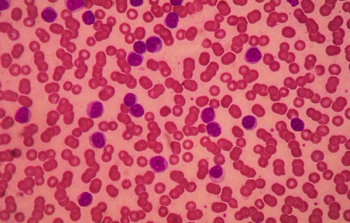
Trials confirm patients with chronic lymphocytic leukemia treated with venetoclax-based regimens achieve higher rates of undetectable minimal residual disease, which may be associated with a lower risk of future disease progression or death.

In an interview with Pharmacy Times, Helen Thackray, MD, reveals what finding she believes was the most interesting after analyzing the results of the RESET clinical trial, which covers the early initiation with rivipansel for acute vaso-occulusive crisis in sickle cell disease.

Acquired hemophilia A is a rare bleeding disorder caused by autoantibodies that inhibit coagulation factor VIII (FVIII), and the disorder is understudied given its rarity and the lack of randomized prospective trials to guide therapy.
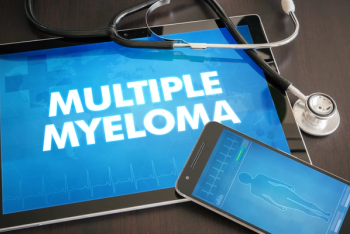
Suzanne Trudel, MD, MSC, FRCPC, of the University of Toronto and the Princess Margaret Cancer Centre in Toronto, discusses closing thoughts on the results of the study and its implications for future treatment options for patients with relapsed/refractory multiple myeloma.

Suzanne Trudel, MD, MSC, FRCPC, of the University of Toronto and the Princess Margaret Cancer Centre in Toronto, discusses what the implications of the high rate of dose holds that occurred in the study were, and whether there any plans to address this concern in the future.

Hagop Kantarjian, MD, of the University of Texas MD Anderson Cancer Center, discusses what his team’s plans are for the evaluation of ponatinib during the remaining portion of the OPTIC trial, which is currently ongoing.

Suzanne Trudel, MD, MSC, FRCPC, of the University of Toronto and the Princess Margaret Cancer Centre in Toronto, discusses whether the treatment emergent adverse events (AEs) were consistent with the known safety profiles for belantamab mafodotin and pomalidomide.
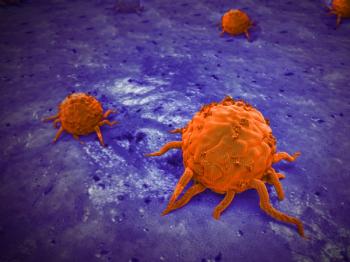
Suzanne Trudel, MD, MSC, FRCPC, of the University of Toronto and the Princess Margaret Cancer Centre in Toronto, discusses common adverse events (AEs) observed in patients with relapsed/refractory multiple myeloma following treatment with belantamab mafodotin in combination with pomalidomide and dexamethasone.
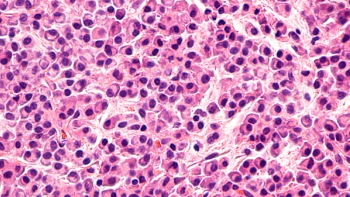
Hagop Kantarjian, MD, of the University of Texas MD Anderson Cancer Center, discusses what the interim analysis of the OPTIC trial demonstrated in terms of the safety and arterial occlusive events profiles with response-based ponatinib dosing regimens.

Suzanne Trudel, MD, MSC, FRCPC, of the University of Toronto and the Princess Margaret Cancer Centre in Toronto, discusses the common prior therapies for patients with relapsed/refractory multiple myeloma who were enrolled in the ALGONQUIN trial.
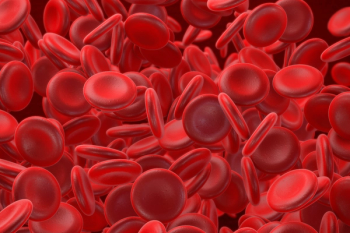
Hagop Kantarjian, MD, of the University of Texas MD Anderson Cancer Center, discusses what the PACE trial was able to demonstrate in regard to patient response to ponatinib for patients with resistant and intolerant chronic-phase CML with substantial prior second-generation treatment.
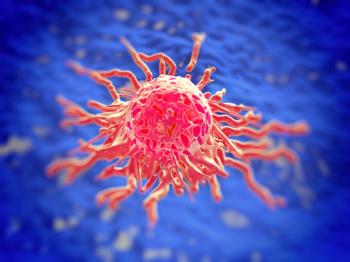
Suzanne Trudel, MD, MSC, FRCPC, of the University of Toronto and the Princess Margaret Cancer Centre in Toronto, discusses the dose limiting toxicities observed among patients with relapsed/refractory multiple myeloma following treatment with belantamab mafodotin in combination with pomalidomide and dexamethasone.
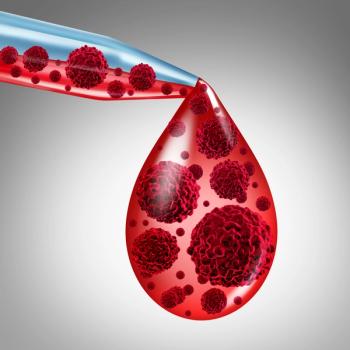
Suzanne Trudel, MD, MSC, FRCPC, of the University of Toronto and the Princess Margaret Cancer Centre in Toronto, discusses what belantamab mafodotin and pomalidomide are, and how they work together to treat relapsed/refractory multiple myeloma.

Hagop Kantarjian, MD, of the University of Texas MD Anderson Cancer Center, discusses the reasons that the use of second-generation tyrosine kinase inhibitors in patients with chronic-phase CML who have failed one or more second-generation tyrosine kinase inhibitors needed further investigation.
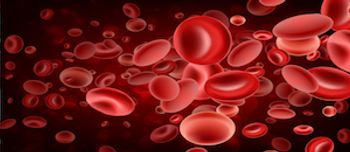
The update outlines that all 5 patients in the high dose 3 x 1013 vg/kg cohort have had at least 1 year of follow-up and showed sustained factor VIII (FVIII) activity levels, with a group median FVIII activity of 56.9% and a group geometric mean FVIII activity of 70.4% via chromogenic assay from week 9 to 52.
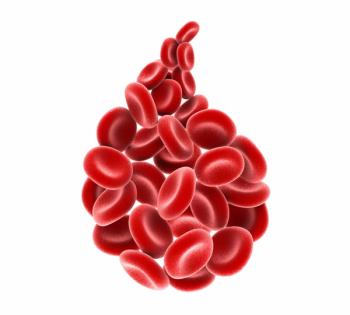
BIVV001 is currently being studied as a recombinant factor VIII treatment for hemophilia A.

A single infusion of damoctocog alfa pegol resulted in 25% higher area under the curve and 20% lower clearance in patients with severe hemophilia A.
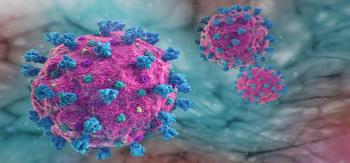
The early stage of COVID-19 is typically characterized by lymphocytopenia and thrombocytopenia, whereas the late stage may be characterized by more severe lymphocytopenia and other changes.

Helen Thackray, MD, dives deeper into how the researchers tested rivipansel on the study participants and the implications compared to previous trials.
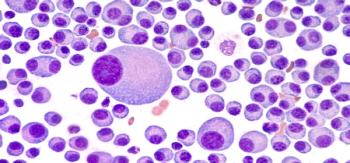
Belantamab mafodotin is a B-cell maturation antigen-targeting antibody-drug conjugate being investigated in the treatment of multiple myeloma.

The study found that the infusion helped to prevent spontaneous bleeding in patients with hemophilia A.